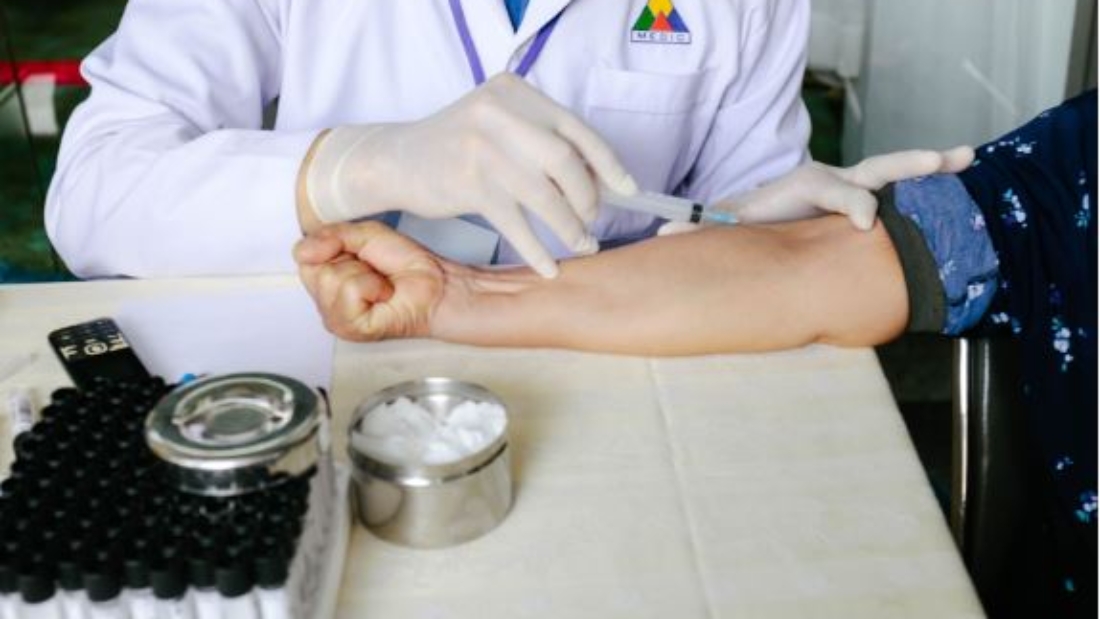Life insurance is a significant investment that provides financial protection to your family when you die. However, life insurance companies require a medical exam to determine your eligibility for life insurance coverage and set your premium rates. The exam is a critical part of the underwriting process. It helps the insurance company evaluate your health status, identify any pre-existing medical conditions, and assess the level of risk they may be taking by insuring you.
How Does A Life Insurance Medical Exam Work?
The life insurance medical exam assesses your overall health, which helps the insurer determine your eligibility for coverage and the premium rates you’ll pay. The exam typically lasts about 30 minutes and includes several tests and evaluations.
First, the examiner will ask about your medical history, past surgeries, medical conditions, medications you’re taking, and any other relevant information. Next, they will take your vitals, including your weight, height, pulse, and blood pressure. Urine and blood samples will also be collected to test for any underlying health issues or drug use. Finally, a physical exam may also be conducted to check your eyes, ears, nose, throat, heart, and lungs.
After the exam, the healthcare professional will send a report to the insurer detailing your overall health and any medical conditions or risk factors they identified. Based on the results, the insurer will determine your eligibility for coverage and set premium rates.
How To Prepare For Life Insurance Medical Exam
Here are some tips to help you prepare for your life insurance medical exam:
- Drink plenty of water. Staying hydrated can help improve your test results.
- Caffeine and alcohol can affect your blood pressure, so avoiding them 24 hours before your exam is best.
- Try to get a good night’s sleep before your exam to lower stress and improve your overall health.
- Strenuous exercise could impact your test results, so avoid it the day before your exam.
- Make a list of medications you take, and bring it to the exam.
Be honest with your examiner about any health conditions. This will help ensure an accurate assessment.

